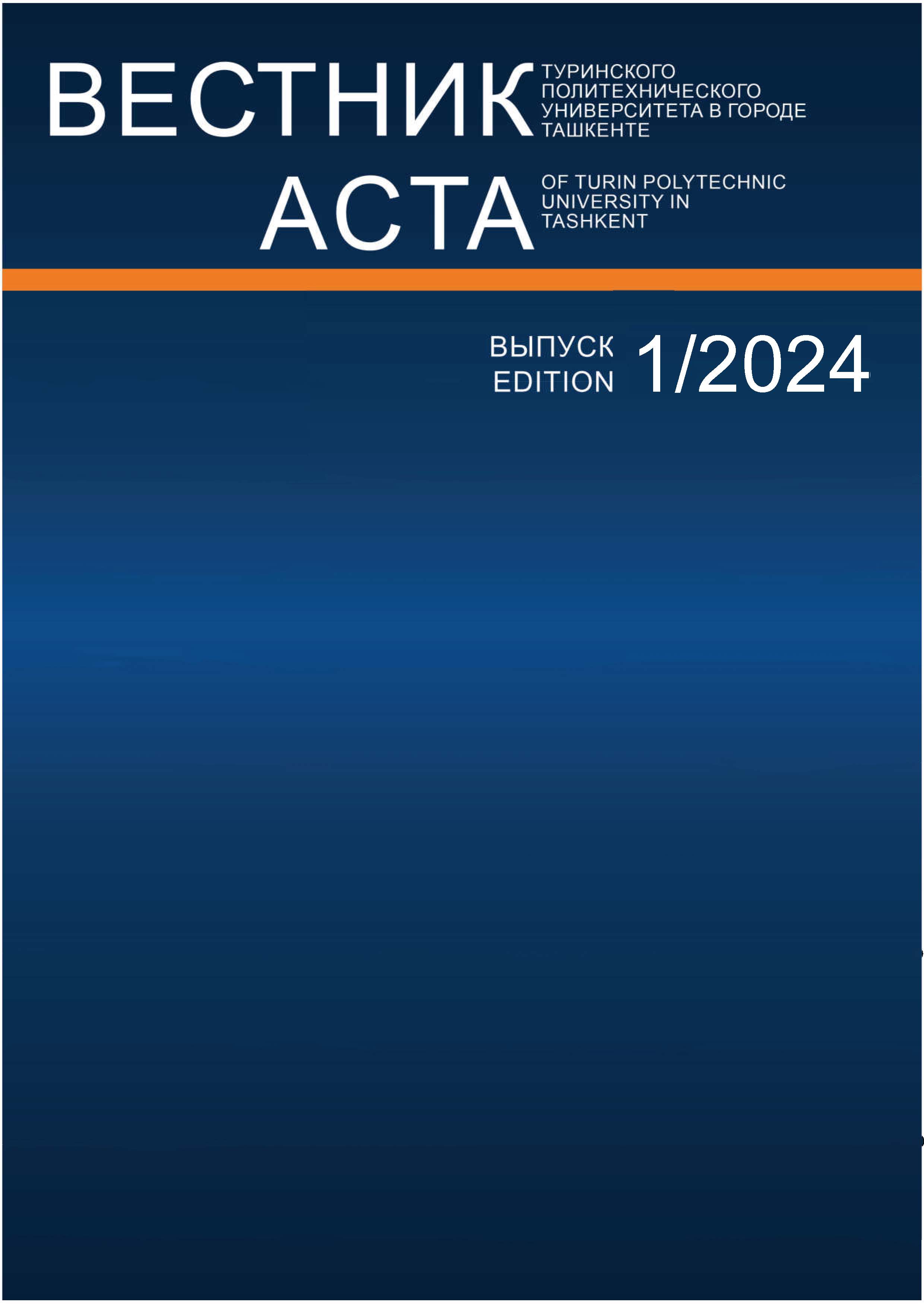Blockchain Technology: Paving the Way for a New Digital Economy
Keywords:
Blockchain Technology, Digital Economy, Decentralisation, Financial Transactions, Cryptocurrency, Smart Contracts.Abstract
The modern economic landscape is swiftly transitioning to a primarily digital paradigm. This budding digital economy stands at the forefront of economic advancement, reshaping business relations built on information-driven B2B collaborations. Newly emerging digital strategies and information networking are becoming crucial in a progressively globalised economy. These changes mark the shift from a territorially-bound real economy to an interconnected, online one. This evolution is fostering the development and introduction of innovative business approaches. With the rise of blockchain technology, the digital economic arena is set for deeper integration worldwide. This paper explores the transformative role of blockchain in the digital economy and its potential to advance the sector further.
References
W. Viriyasitavat, T. Anuphaptrirong, and D. Hoonsopon, “When blockchain meets the Internet of Things: Characteristics, challenges, and business opportunities,” J. Ind. Inf. Integr., vol. 15, no. February, pp. 21–28, 2019, doi: 10.1016/j.jii.2019.05.002.
A. Sundararajan, “Commentary: The Twilight of Brand and Consumerism?: Digital Trust, Cultural Meaning, and the Quest for Connection in the Sharing Economy,” J. Mark., vol. 83, pp. 32–35, 2019, doi: 10.1177/0022242919868965.
M. CAMPBELL-VERDUYN and M. GOGUEN, “Blockchains, trust and action nets: extending the pathologies of financial globalisation,” Glob. Networks, vol. 19, pp. 308–328, 2019, doi: https://doi.org/10.1111/glob.12214.
W. W. RODIMA-TAYLOR, DAIVI, GRIMES, “Virtualizing diaspora: new digital technologies in the emerging transnational space,” Glob. Networks, vol. 19, pp. 349–370, 2919, doi: https://doi.org/10.1111/glob.12221.
Z. Zheng, S. Xie, H. N. Dai, X. Chen, and H. Wang, “Blockchain challenges and opportunities: A survey,” Int. J. Web Grid Serv., vol. 14, no. 4, pp. 352–375, 2018, doi: 10.1504/IJWGS.2018.095647.
J. Li, D. Greenwood, and M. Kassem, “Blockchain in the built environment and construction industry: A systematic review, conceptual models and practical use cases,” Autom. Constr., vol. 102, no. March, pp. 288–307, 2019, doi: 10.1016/j.autcon.2019.02.005.
D. Kundu, “Blockchain and Trust in a Smart City,” Environ. Urban. ASIA, vol. 10, no. 1, pp. 31–43, 2019, doi: 10.1177/0975425319832392.
T. Bordel, B., Lebigot, P., Alcarria, R., Robles, “Digital Food Product Traceability: Using Blockchain in the International Commerce.,” Digit. Sci., 2018, doi: https://doi.org/10.1007/978-3-030-02351-5_27.
SkyCell, “SkyCell: Cold Supply Chain Company,” 2013. https://www.skycell.ch/.
M. Sharma and P. Kumar, “Adoption of blockchain technology: A case study of Walmart,” Blockchain Technol. Appl. Digit. Mark., no. May, pp. 210–225, 2021, doi 10.4018/978-1-7998-8081-3.ch013.
S. Lawrenz, P. Sharma, and A. Rausch, “Blockchain technology as an approach for data marketplaces,” ACM Int. Conf. Proceeding Ser., vol. Part F1481, no. March, pp. 55–59, 2019, doi: 10.1145/3320154.3320165.




